Pakistan’s Counter-Terrorism Dilemma: Balancing Civilian Protection and Security
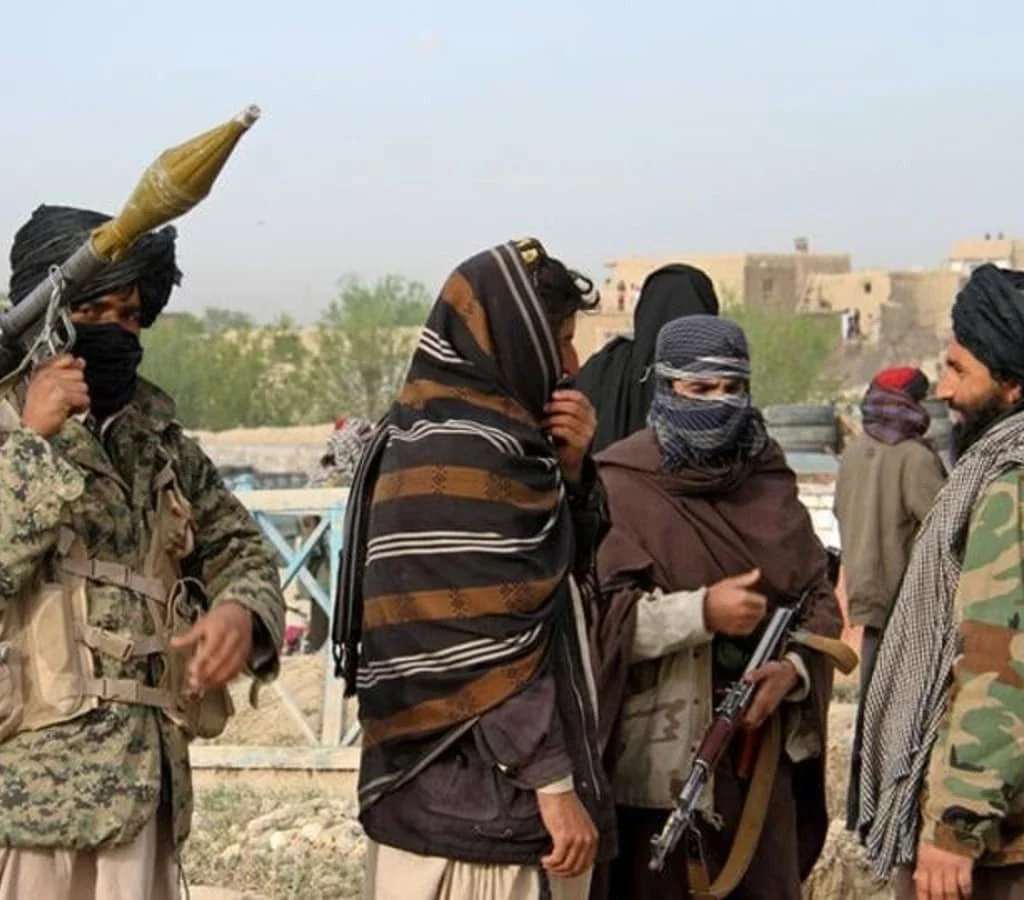
Unlike its peak years of 2007–2009, the TTP no longer commands territory but operates through small decentralized cells that blend into civilian populations. This shift poses an unprecedented challenge for Pakistan’s security forces, where every strike risks civilian casualties and fuels propaganda. The dilemma is not unique, echoing ISIS in Iraq and Boko Haram in Nigeria, but it demands a collective civil-military response to deny militants both sanctuary and narrative advantage.
From 1965 Battlefields to Hybrid Frontlines: Pakistan’s Enduring Test
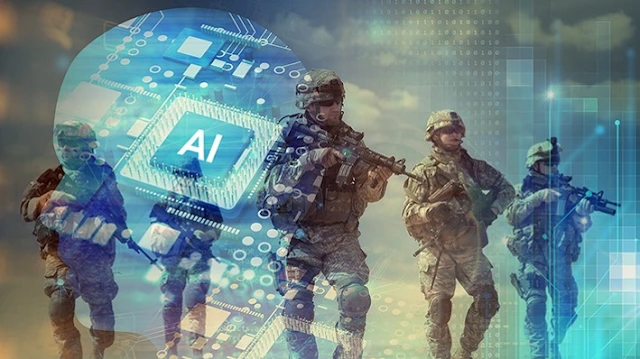
Explore how Pakistan’s 1965 war legacy connects to today’s hybrid warfare—disinformation, proxies, and economic pressure reshaping national defense.
Extremist Rhetoric and Constitutional Reality: The Case of Pakistan’s Islamic Identity

The glorification of militants as martyrs by Mufti Kifayatullah reveals a dangerous narrative that mirrors extremist propaganda. From constitutional consensus to historic fatwas by leading scholars, Pakistan’s religious and political mainstream has repeatedly rejected armed rebellion as un-Islamic. By platforming extremist sympathizers, certain nationalist movements risk legitimizing violence, undermining national sacrifices, and enabling the TTP’s attempt to co-opt Pashtun identity. The path forward lies in constitutionalism, peace, and dialogue—not violence.
Afghan Propaganda Targets Pakistan Amidst Escalating Terror Nexus
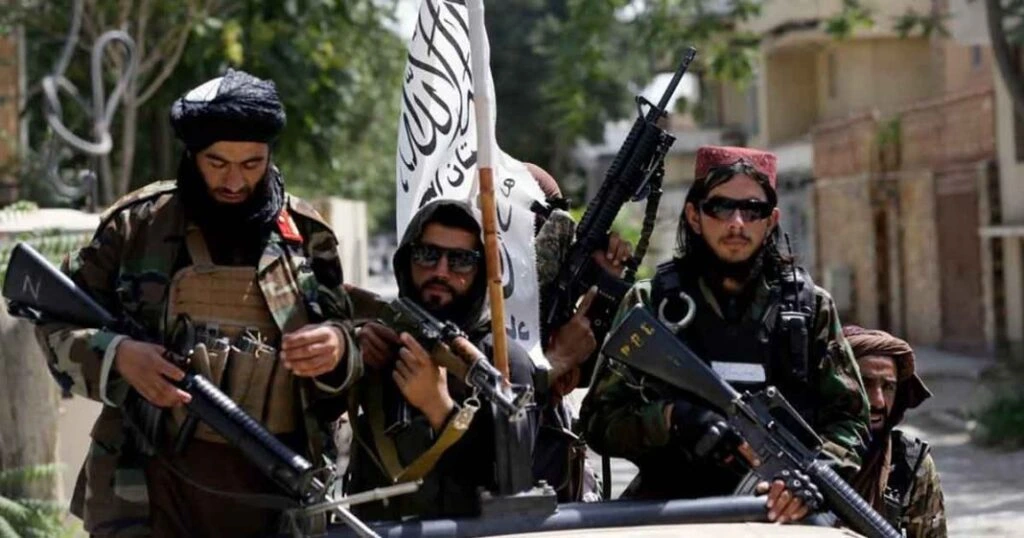
On August 27, Afghan officials once again accused Pakistan of strikes in Khost and Nangarhar, without evidence. This fits a growing pattern where Kabul uses propaganda to deflect attention from its role in harboring groups like TTP, Al-Qaeda, and ISKP, leaving ordinary Pakistanis to bear the human cost of cross-border terrorism.
Pakistan’s Counter-Terrorism Strategy: Why Comparisons to the US War on Terror Are Misleading
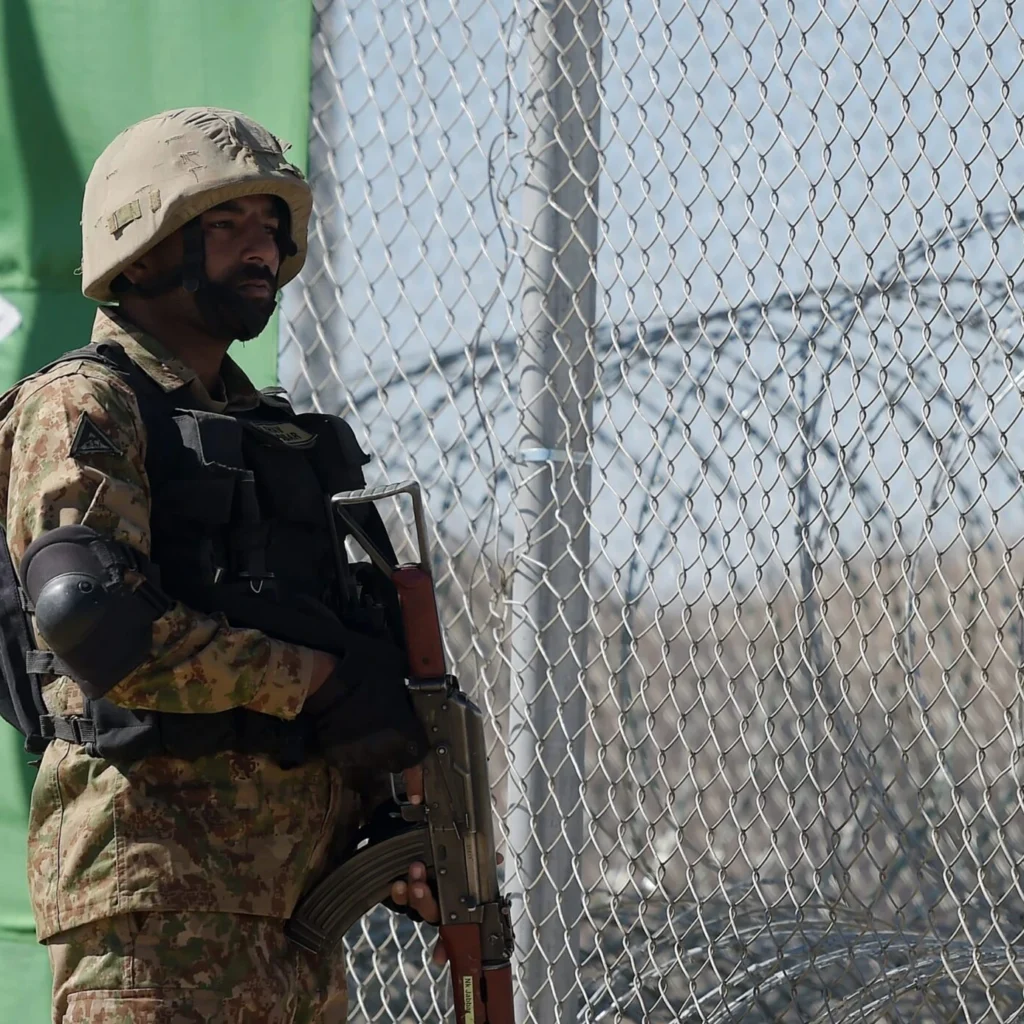
Obaidullah Baheer’s critique misrepresents Pakistan’s counter-terrorism fight by equating it with America’s wars abroad. Unlike the US, Pakistan faces an existential threat from groups like the TTP and BLA, requiring a nuanced mix of military, legal, and development responses.
From Disaster to Resilience: Why Pakistan Needs Dams and Flood Canals
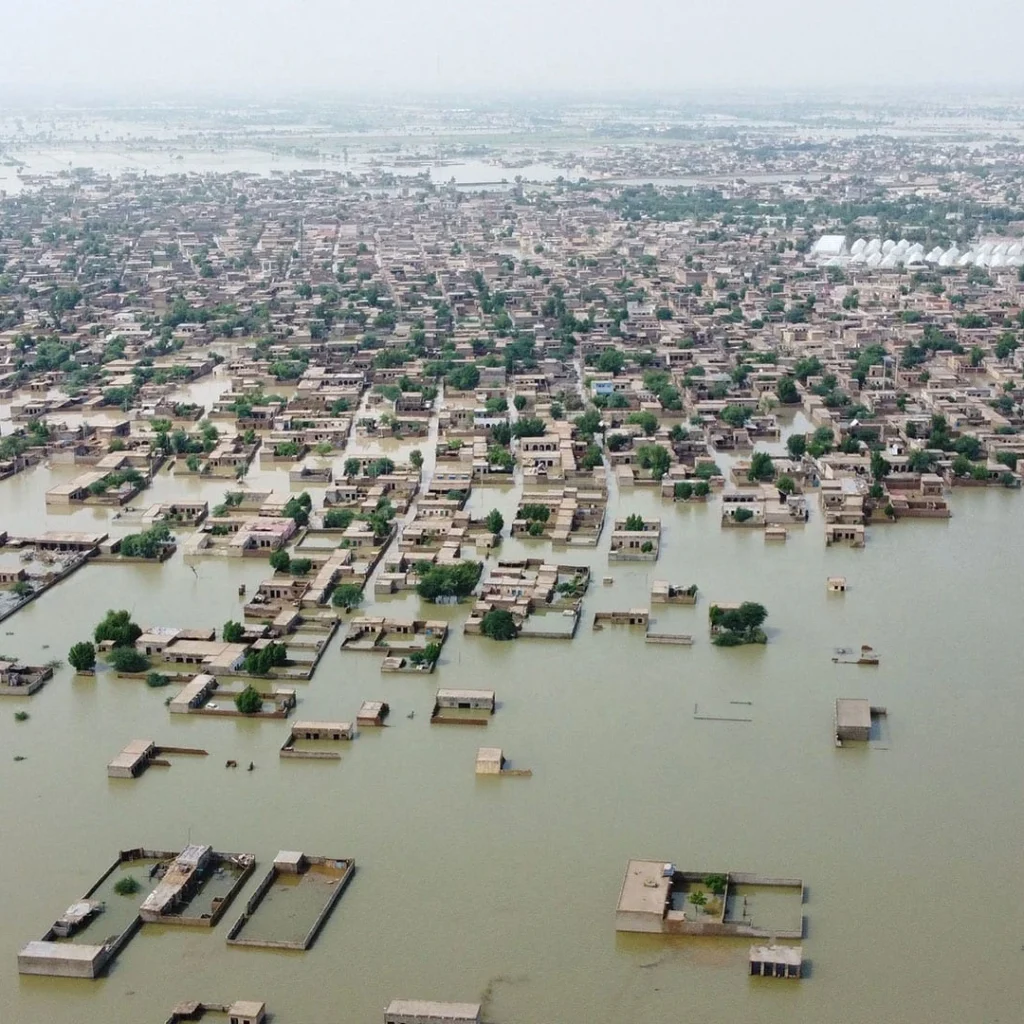
Pakistan’s devastating floods have exposed a systemic failure of outdated water infrastructure. Without urgent investment in modern dams, flood canals, and climate adaptation, the country will remain locked in a cycle of annual destruction. Learning from international models and pursuing cooperative management of shared rivers with India is vital to building a secure and resilient future.
Climate Change and Mental Health in AJK: Assessing Impacts amid an Awareness Deficit
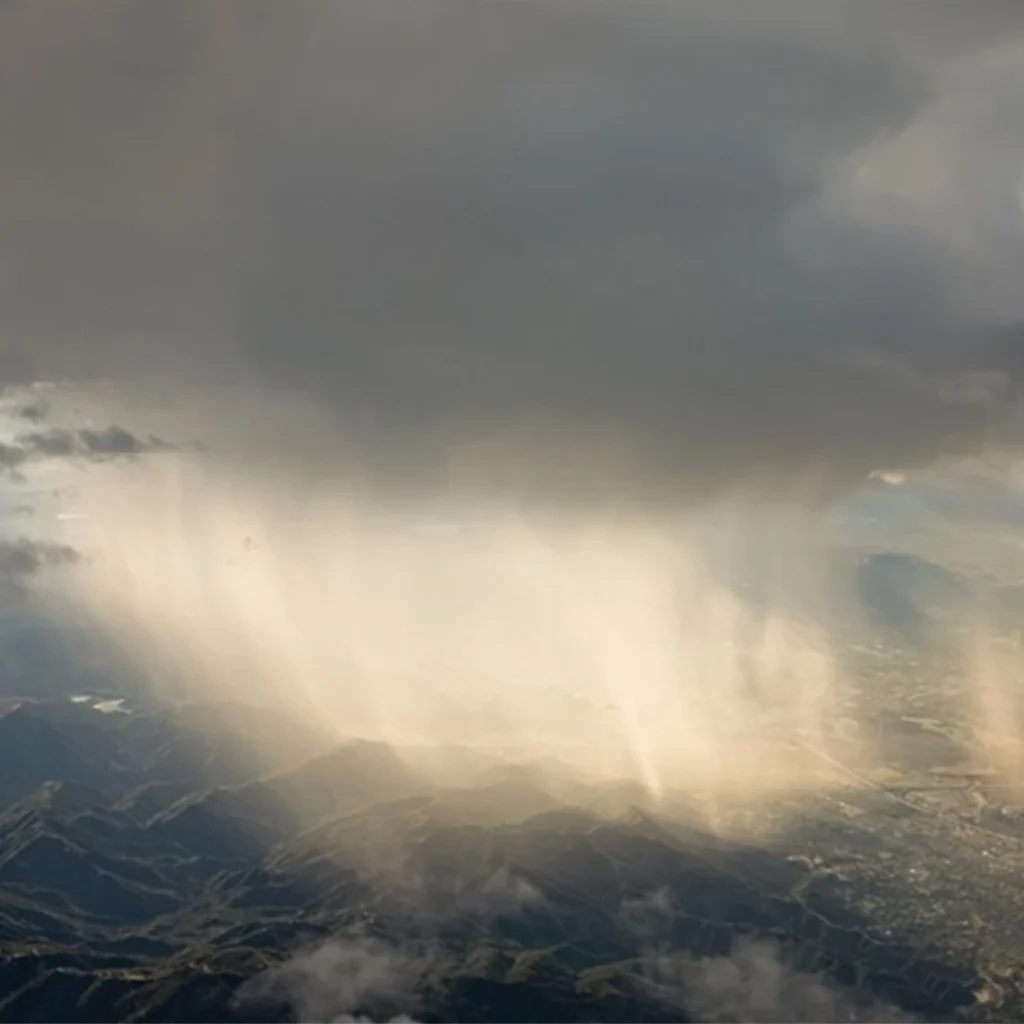
Climate change is reshaping life in Azad Jammu and Kashmir, from melting glaciers and cloudbursts to devastating floods. Beyond economic losses, these disasters are leaving deep psychological scars, with rising cases of PTSD, depression, and chronic stress. Yet, awareness of the mental health toll remains scarce, underscoring the urgent need for community resilience and mental health support in AJK.
Challenging India’s Assumption of Kashmir’s Global Irrelevance
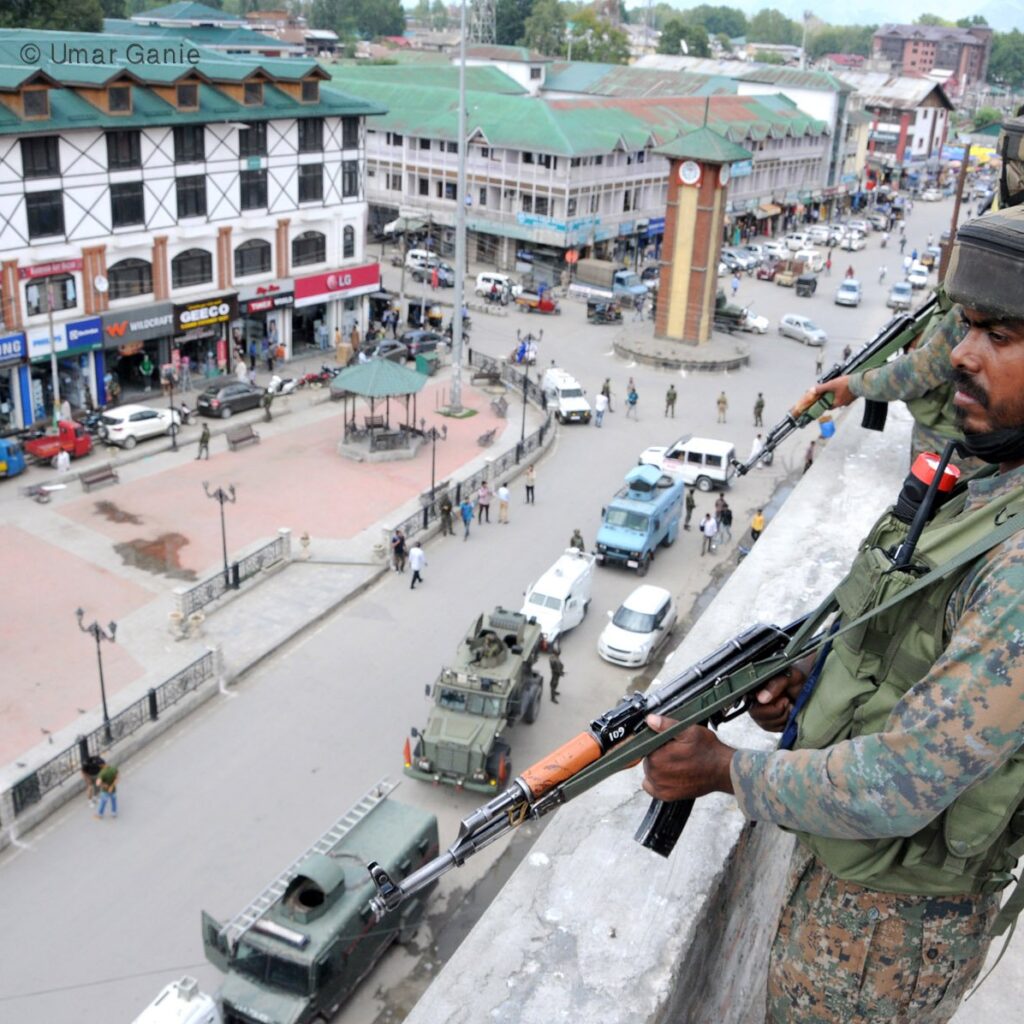
Operation Sindoor has revived international focus on Kashmir, undermining India’s assumption of global indifference and boosting Pakistan’s diplomatic efforts.
When the Aggressor Plays the Victim: India’s Misuse of International Law

India’s May 2025 cross-border strike, Operation Sindoor, is framed as legitimate self-defense under international law. In reality, it was an unlawful act of aggression without evidence, setting a perilous precedent that undermines sovereignty and fuels instability in South Asia.
UNSC Briefing: Pakistan Warns of Afghan Safe Havens, State Terrorism, and Digital Radicalization
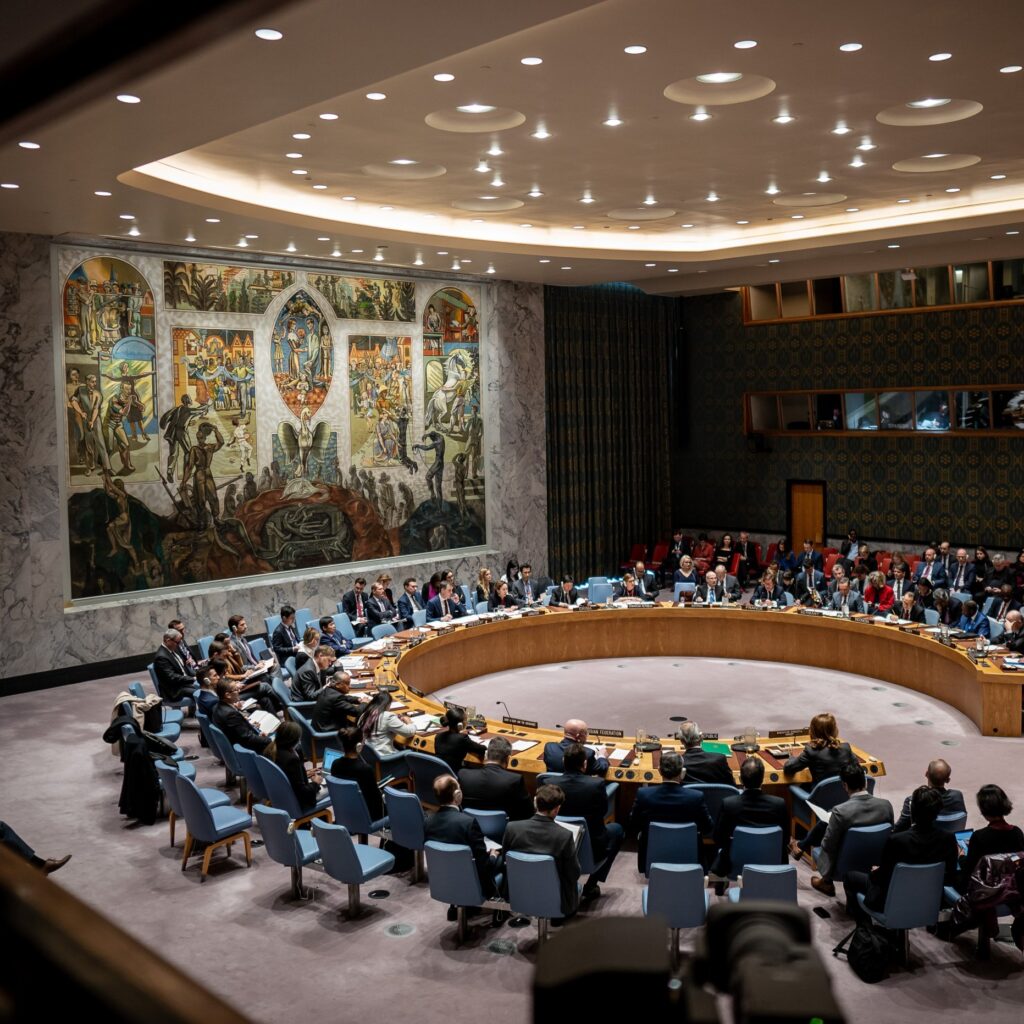
At the UN Security Council, Pakistan’s envoy delivered a powerful critique of the global counterterrorism framework. Citing its sacrifices, he warned of new threats from Afghanistan, state-sponsored violence, and digital radicalization. His call: a principled, unified, and consistent global response.
